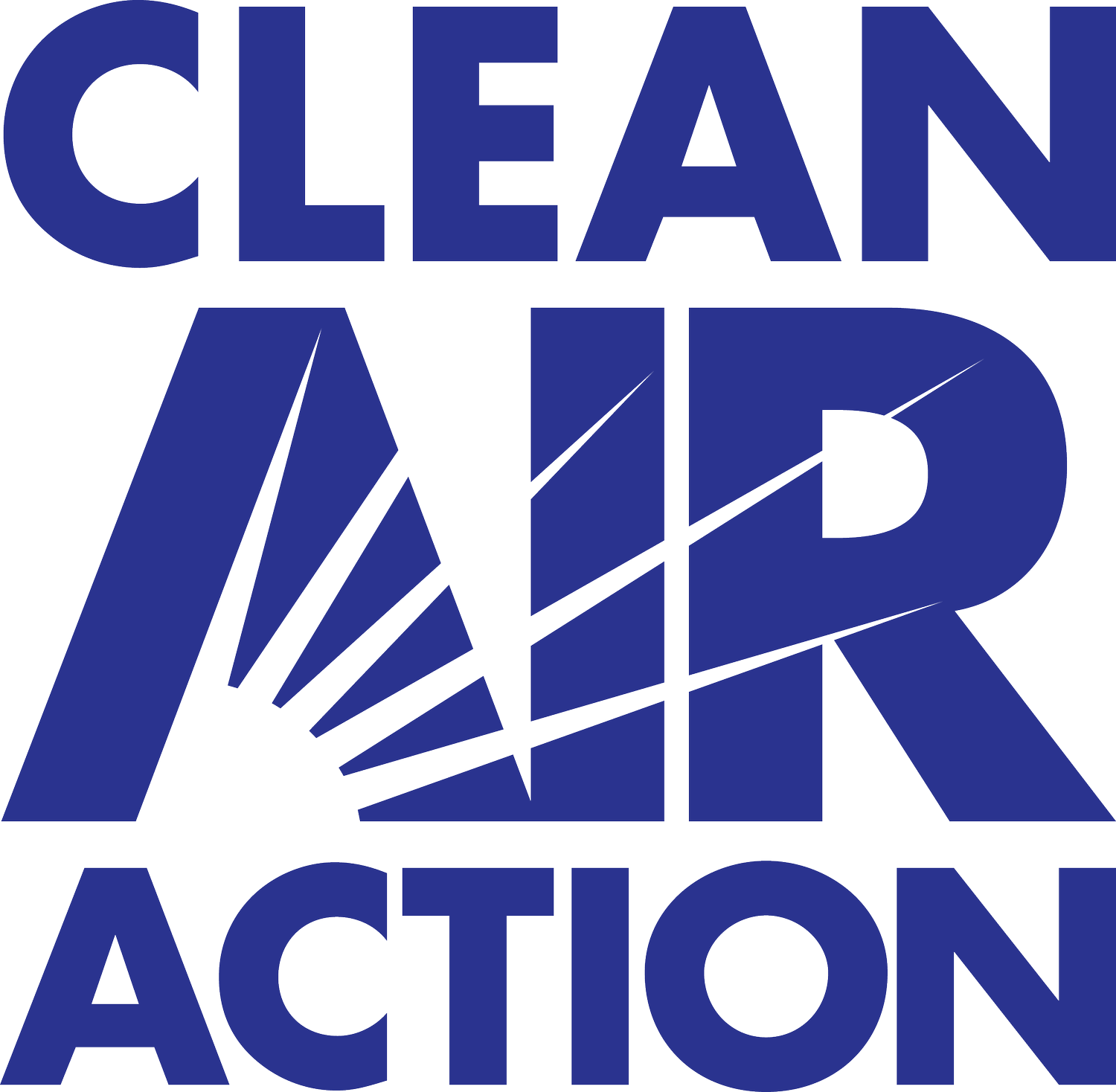What Does Earth Day Mean in Today’s World
“Restoring nature to its natural state is a cause beyond party and beyond factions. It has become a common cause of all the people of this country.”
Richard Nixon spoke those words more than 50 years ago during his 1970 State of the Union address, just months before the first ever Earth Day celebration. That’s a far cry from the sentiment of today, where one side of a bitter partisan divide and outsized industry influence is marring our shared responsibility to protect the future of our planet, or at least our ability to live safely on it. Earth Day offers an opportunity to reflect on how we’ve come to this point—and demand immediate, bold action from our elected officials.
Today’s Earth Day celebrations typically call for collective responsibility and each of us doing our part as individuals to better support key environmental causes. Corporations even get involved, with participation ranging from meaningful commitments to greenwashing campaigns aimed at obscuring their deeper complicity in climate change. The first Earth Day celebration was a decidedly more activist affair, billed as a “national teach-in” in the spirit of the civil rights movement and anti-war protests. Despite being short on funds, the group’s early organizers rejected a $20,000 check from Standard Oil of New Jersey—now ExxonMobil.
There’s room for all types of education and activism on Earth Day—a chance for all of us to celebrate the planet and consider our role in protecting it. But, as much as individual actions matter, the simple fact is we are not all equally accountable for climate change, and the combined impacts of our individual efforts to be cleaner and greener will not be enough to address the problem. Mitigating climate change demands sweeping policy changes to deliberately transition away from a fossil fuel-dependent economy. Fossil fuel companies and the elected officials who support them have played an outsized role in warming our planet for decades. Not only do they bear primary responsibility for causing the pollution that’s driving the climate crisis, but they have lied to the public and intentionally sowed doubt to continue reaping profits and avoid consequences. It’s no surprise, then, that many agree there is little room for celebration in our outlook.
Half a century ago, Richard Nixon understood the time to act on our environment had come, with the future of our planet at stake. “It is a cause of particular concern to young Americans, because they more than we will reap the grim consequences of our failure to act on programs which are needed now if we are to prevent disaster later.” Today, that need to act has reached unprecedented levels. The latest reports from the Intergovernmental Panel on Climate Change have adopted an urgent “now or never” perspective calling for greenhouse gas emissions to peak by 2025 if we are to narrowly avoid catastrophic consequences.
Nixon recognized the power of basic regulations and oversight in reigning in rampant environmental devastation. At that same State of the Union address, he put forth his proposal that would serve as a precursor to the Environmental Protection Agency and other fundamental protections. In that speech, he committed $10 billion to a nationwide clean waters program. Today, that $10 billion would represent an investment of nearly $74 billion, far exceeding President Biden’s proposed $45 billion in budget allocations to tackle the climate crisis. However, President Biden has also repeatedly called for $555 billion in climate investments to be included in a federal reconciliation package, which has stalled in the U.S. Senate. President Biden and Senate leadership must return to the negotiating table and re-prioritize these significant clean energy and climate investments without any further delay.
These investments are absolutely critical, but there must be a broader acknowledgement that politics and lobbying have fundamentally corrupted our shared sense of responsibility to future generations and our environment. It’s past time to act with unprecedented urgency on climate change and start working toward shared solutions that move us away from fossil fuels and toward renewable energy commitments that put us on track to keep warming in check.
Of course, Nixon’s focus on the environment reflected the will of the people. Despite the partisan noise, that same collective demand for action on climate change exists today—a demand many of our politicians seem to have no problem ignoring. Six in 10 Americans said that climate change was “very” or “extremely” important for the federal government to address, according to a Monmouth University survey. A Pew Research Center survey revealed strikingly similar data—66% of Americans say the government is doing too little to reduce the effects of climate change.
The fact that President Nixon’s fitness for office seems to surpass many of today’s politicians offers a depressing outlook for our shared future. And perhaps not surprisingly, Nixon’s track record for crooked politics likely extended to his environmental efforts as well. Even as he pledged environmental action, his far-reaching citizen surveillance efforts included spying on participants in the first Earth Day celebrations, organizers allege. We must navigate the corrupt, divisive nature of our own current political environment to advance climate policies, rather than give up in despair.
On this Earth Day, we should all spend time reflecting on how we can be a force for good on this planet. Politicians, however, should spend more time than most. The overwhelming scientific evidence demands that they act. Their constituents demand that they act. The future of our civilization demands that they act. Somehow, Richard Nixon knew it 50 years ago, even as today’s elected officials at the state and federal level today ignore it—“Clean air, clean water, open spaces—these should once again be the birthright of every American. If we act now, they can be.”

